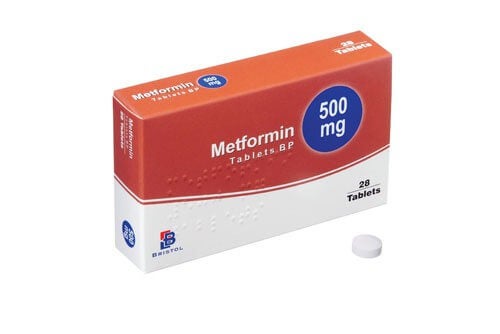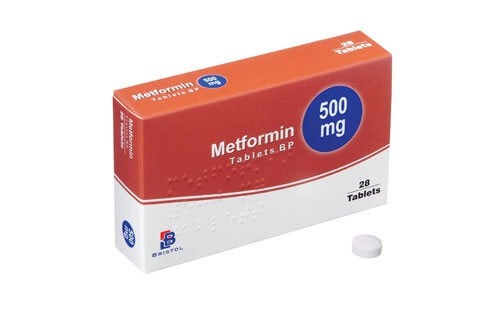Medications That Can Complicate Heart Failure

When you suffer a heart failure there are a number of medications that are administered in order to reverse this situation. However, there are also a number of medications that you should avoid in heart failure as they can make it worse.
Because of this, it is of the utmost importance that a doctor is consulted before taking any medication. As a rule, the medications to avoid in heart failure are those that speed up the heart or those that retain sodium.
Before explaining which drugs should be avoided in this situation and why, it is necessary to understand the pathology we are talking about. Therefore, below we briefly explain what a heart failure consists of.
Why does heart failure occur?
The heart is the organ in charge of pumping blood throughout the body. On the left side it fills with oxygenated blood and expels it to all the organs of the body. Then, once the body has used the oxygen it carries, the blood returns through the right side of the heart to start the cycle again.
When heart failure occurs, the heart has trouble moving and pumping blood throughout the body. When this happens, a congestion or accumulation of fluid forms. It mainly affects men and women who are over 65 years old.
There is no specific reason why immediate heart failure develops. There are several factors that influence its development. A person may be more prone to it due to a hereditary factor, being a smoker or having high blood pressure.
Apart from these three points, there are other risk factors that increase the probability of suffering from this disease, such as:
- Diabetes.
- Overweight.
- Renal problems.
- Cardiovascular diseases.
Medications to avoid
There are many drugs that can cause heart failure by causing direct toxicity to the myocardium. It may be because they produce a negative inotropic or chronotropic effect, that is, they decrease contractility and heart rate.
Another cause of this exacerbation of heart failure may be that the drugs produce hypertension, that they retain sodium or that they interact between the drug indicated to treat heart failure, limiting its effect. Below we will see some examples of these drugs not indicated for these cases
You are interested in: Heart-healthy diet: 7 tips to keep in mind
Non-steroidal anti-inflammatory drugs or NSAIDs
These drugs are used as analgesics or anti-inflammatories interchangeably. An example of a drug that belongs to this group is ibuprofen.
NSAIDs have a high potential to trigger heart failure. This is because they have the ability to retain sodium and water and increase vascular resistance.
In the case in which aspirin is being taken at a low dose daily, it may be well indicated. However, this drug can make heart failure worse. Therefore, aspirin should not be taken to relieve pain in heart failure.
Studies have clearly shown an increased risk of heart failure and hospitalization in patients taking NSAIDs.
Antidiabetics

Some drugs used to fight diabetes, such as
Vademecum. (2016). Metformin.
a, should also be avoided in these circumstances. About 25-30% of patients with heart failure have concomitant type 2 diabetes as a disease. If it is being treated with metformin, lactic acidosis may develop.
It is contraindicated in circumstances that increase the risk of this pathology, such as heart failure. In short, it is recommended to avoid metformin in patients with heart failure who are unstable or who suffer from severe kidney dysfunction.
You are interested in: Latest research for the treatment of diabetes
Antiarrhythmics

Atrial fibrillation is a disease present in 15-20% of patients with heart failure. Class I antiarrhythmic drugs used to reverse it have a negative inotropic effect.
By decreasing the contractility of the heart, they have great potential to precipitate the development of heart failure or increase patient mortality if they do.
Other antiarrhythmic drugs such as dronedarone or amiodarone have shown an increase in mortality, hospitalizations and cerebrovascular accidents in patients with heart failure.
Other medications to avoid in heart failure
Apart from the mentioned groups, there are more drugs whose administration has to be controlled if the patient has heart failure. Some examples are:
- Medicines with pseudoephedrine or with ephedrine.
- Calcium channel blockers, for example verapamil or diltiazem.
- Certain antibiotics.
For this reason we recommend not self-medicate or use treatments from other people who suffer from the same pathology as us. Always consult a professional in cases of doubt.









